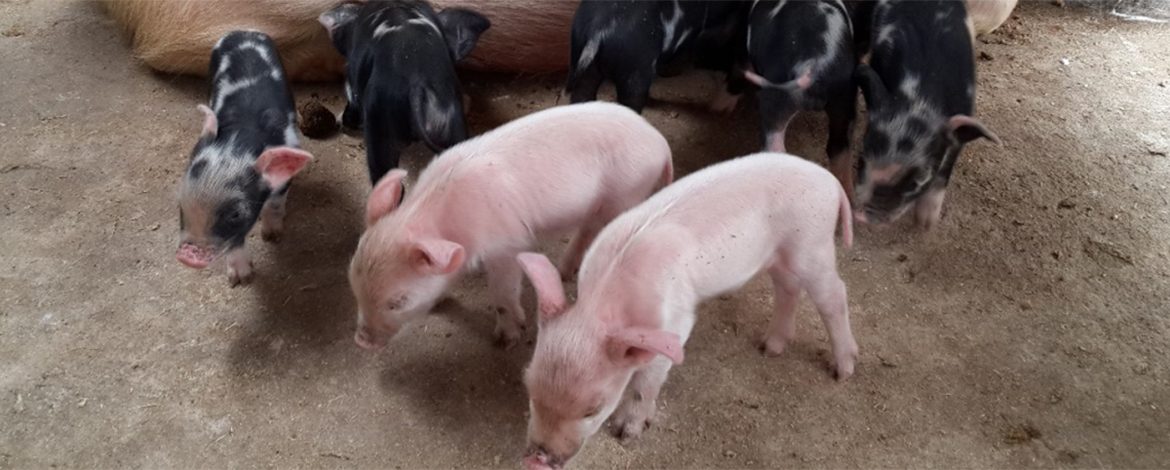There are various common pests in Florida known to cause serious damage to plants. One of these common pests are Soldier Bugs also known as Stink Bugs. These pests if not control properly can cause serious economic damage to both crops and ornamental plants.
Do they really stink?
Stink Bugs get their name because…












